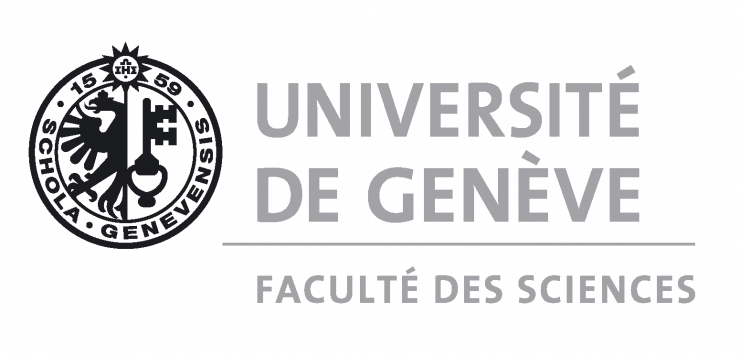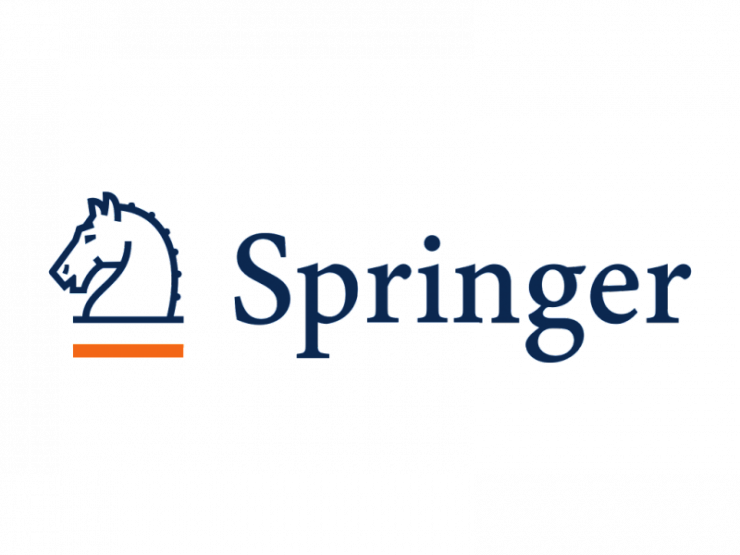
ACRI 2022
Conference
Cellular Automata offer a very powerful approach enabling to study phenomena related to a large variety of problems. Initially presented as some form of counterpart or supplement to the partial differential equations, now enable to perform studies of many real-world phenomena. Besides this practical significance, they often present behavior which is interesting from the theoretical point of view. For these reasons, CA became very popular for studying real applications. For many years researchers, from academia and industry, are using CA in many different fields dealing with theoretical as well as practical problems.
Since its first edition in 1994, the ACRI conference focused on challenging problems and new research on Cellular Automata (CA). Its primary goal is to offer both scientists and engineers in academies and industries an opportunity to enforce international collaborations on Cellular Automata and express their views on current trends, challenges, and state-of-the art solutions to various problems in several scientific fields: biology, computer science, chemistry, ecology, economy, engineering, geology, medicine, physics, sociology, etc.
The conference ACRI 2022 will be organized by the University of Geneva and will take place in Geneva, Switzerland on September 12-15, 2022. This 15th edition of ACRI Conference aims at enlarging the classical topics to include other areas related to or extending Cellular Automata. Our hope is to broaden the community of people identifying their work as related to the CA phenomena, thus giving them the opportunity to discuss their work especially in connection to various, still strongly evolving fields, like for instance: complex networks, games on networks, lattice gas and lattice Boltzmann models, Bio-Inspired Computing, agent-based models, etc.
This year we especially welcome contributions on:
- Traffic and Pedestrian Research
- Cellular Automata and Art
Other topics of interest include (but are not limited to):
- Tools and Theory: new algorithms based on CA, theory of computation, CA environments,
- Theoretical aspects of CA: algebraic, dynamics, and topological issues
- Dynamical Complex Systems and Emergent Phenomena,
- Image Processing and Pattern Recognition,
- Natural Computing and Unconventional Computing,
- Quantum Cellular Automata,
- Complex Networks, Games on Networks,
- Bio-Inspired Computing,
- Cryptology and Cryptography,
- Lattice Gas and Lattice Boltzmann Models,
- Agent-Based Models,
- Mathematical Systems Theory: analysis, optimization and control, identification,
- Biological and Ecological Modelling: metabolic networks, species evolution, immune systems, contamination processes, infectious diseases, biodiversity,
- Modelling of Physical or Chemical Systems: hydrodynamics, reaction diffusion, systems, complex flows,
- Environmental Modelling: Pollution models, biomass evolution, desertification,
- Socio-Economical Models: vehicular and pedestrian traffic, urbanism, market.
Submission details can be found in Call for Papers section.


